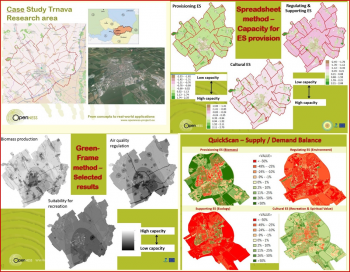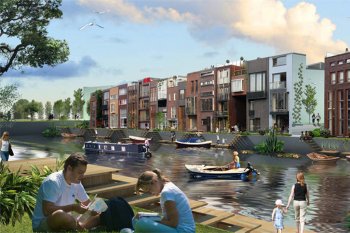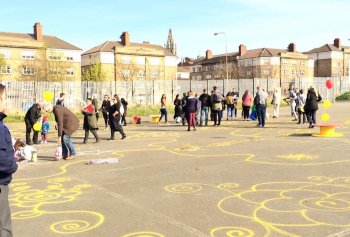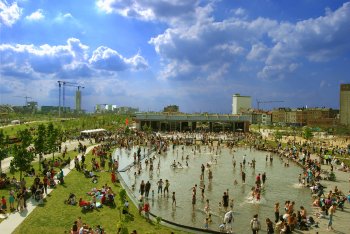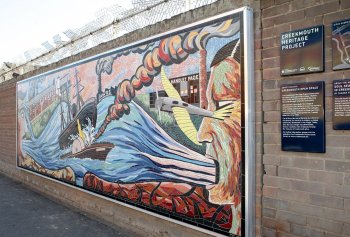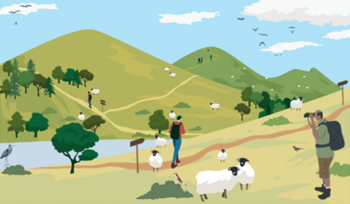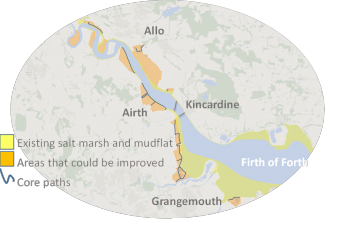Landscape-ecological planning in urban and peri-urban area - study area Trnava, Slovakia
Develop and test usable methods for valuation selected ecosystem services at the local and regional level, and promote their incorporation into the spatial planning process and in the broader decision making process in Slovakia.

